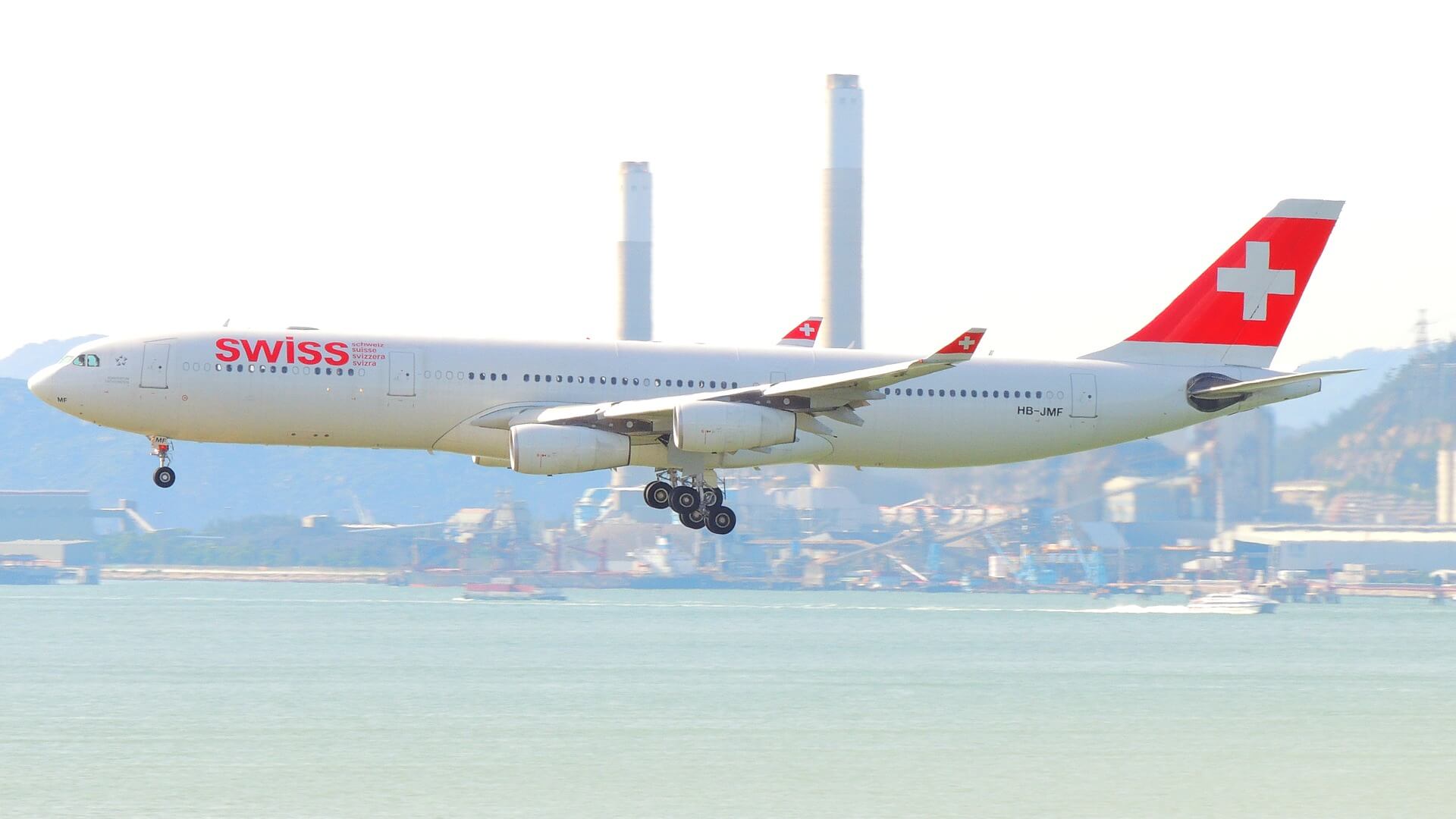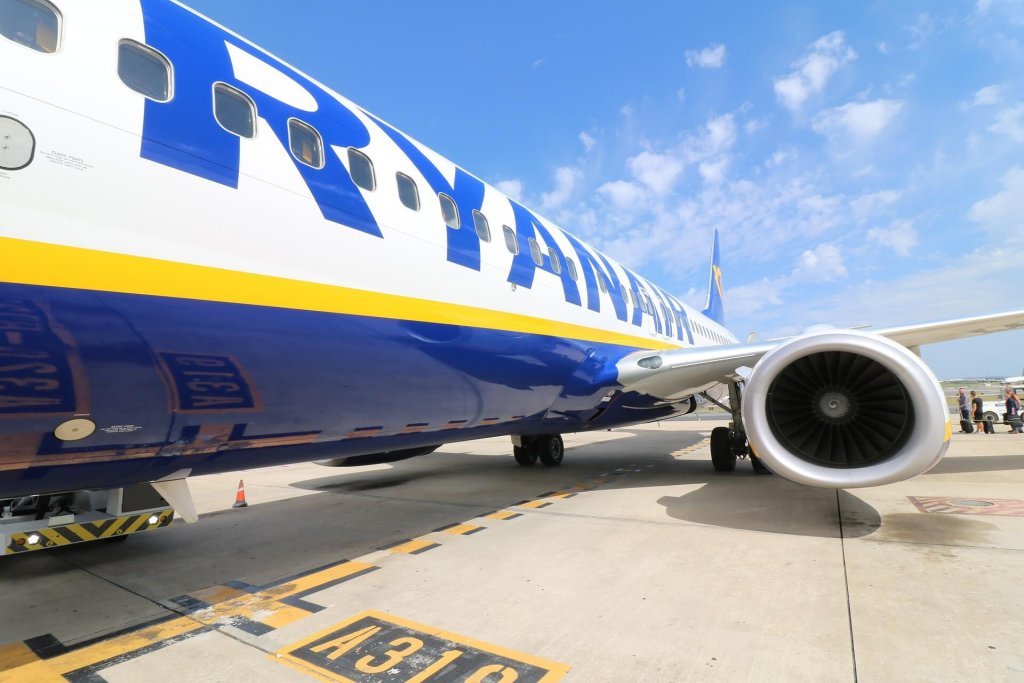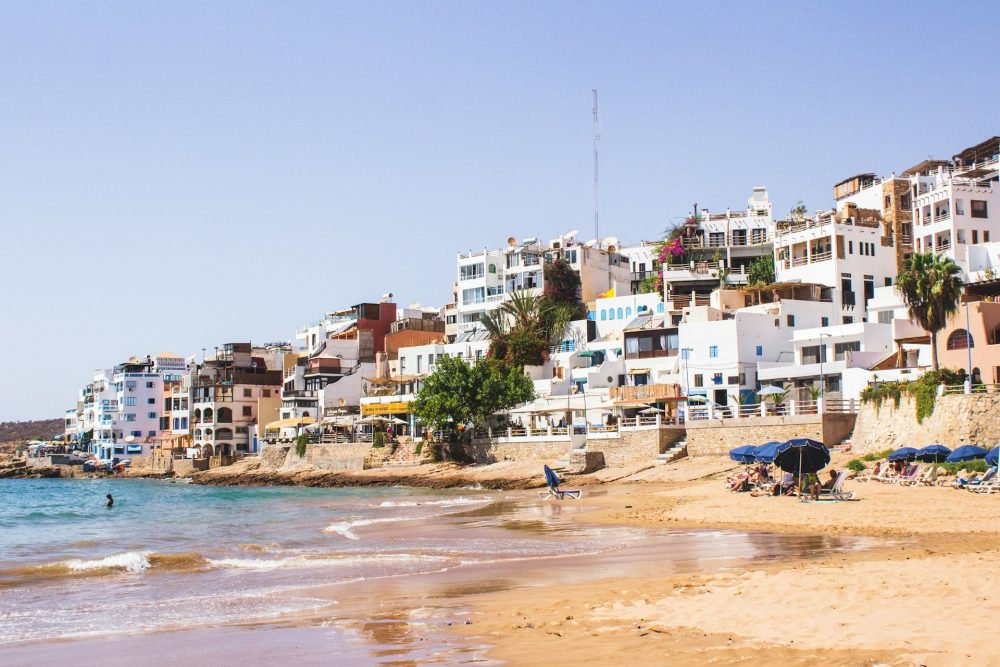Business
2018 travel: What your trips will look like next year
Before you travel in 2018, make to brush up on your safety knowledge and to get a competent travel agent.

Fellow travelers, it’s not too soon to start thinking about your 2018 itineraries.
Steven Scholnick is. He’s planning a trip to Europe with his wife next summer to celebrate their 50th birthdays, with stops in Amsterdam and Dublin. “I expect a larger police presence at popular destinations,” says Scholnick, a software engineer from Pittsburgh.
He should. With next year’s travel season just around the corner—spring break is only a few weeks away—travelers and experts are assessing the 2018 travel landscape. And while safety remains a top concern, other surprises await.
Prices are headed higher.
First, get ready to pay a little more next year. Global airfares are expected to rise 3.5 percent in 2018, while hotel prices will climb 3.7 percent, slightly higher than the predicted 3% inflation rate, according to the travel management company Carlson Wagonlit Travel and the Global Business Travel Association Foundation. It’ll pay to plan ahead.
Caribbean alternatives.
With many popular islands damaged or almost destroyed by this season’s hurricanes, travelers are looking for substitutes. Cyril Lemaire, a digital consultant from Boston, says after the storms, attention shifted to other warm-weather destinations. His client, the Spanish island of Tenerife, was among them. “They’ve seen a 350 percent increase in our website traffic since the hurricane(s),” he says.
Going north. Experts say northern destinations like Alaska, Canada, Iceland and the Nordic countries are hot in 2018. It’s easy to see why. Not only are they considered safer, but they are also pretty, or as Haisley Smith, a vice president of travel agency Brownell says, “100 percent Instagram-able.” Oh, and expensive. While the scenery and experiences are spectacular,” she adds, “so are the prices.” Book early for the best discounts.
Avoiding hotspots.
For 2018, many international travelers say they’re steering clear of potential hotspots. One country that keeps coming up: Turkey. With a recent visa dispute and conflicts with other European neighbors, people with plans to visit the region are reconsidering. Chris Backe and his wife are having reservations about their extended visit to Turkey in early 2018. “It looks like those plans are on hold,” says Backe, an author, and photographer who lives in Düsseldorf, Germany. “We’ll probably head to Bulgaria instead.”
No more fees?
Will 2018 finally be the year we get rid of annoying fees? “We’re at a tipping point,” says Charlie Leocha, chairman of Travelers United, a Washington advocacy group. (Disclosure: I co-founded Travelers United.) At the top of his list are resort fees, which are mandatory extras, added to the base rate after you begin the booking process online. The average resort fee, which covers everything from “free” WiFi to access to exercise facilities, is now at almost $21 per night, a jump of 8.7 percent from a year ago, according to Resortfeechecker.com. Both hotel guests and regulators are angry about what they say are deceptive fees, and they want to stop them. This could be the year they do.

Be ready for higher expenses and prices for your 2018 travel. (Source)
The year of AI?
I’ve been a skeptic of artificial intelligence; however, in the past few weeks, I’ve had several conversations with insiders who tell me AI is almost ready for prime time. One of them is Terry Jones, the creator of Travelocity who now leads a company called Wayblazer, a developer of artificial intelligence travel applications. “2018 will usher in an era where customers will move from interacting with a web page to interacting with an intelligent assistant who can actually give advice,” he says. The most reliable applications start a conversation with the machine and then transfer you to a person, for now. But who knows, in 2018, your travel agent might be a robot?
Staying safe. Last, but not least, travelers are more worried about safety than ever. The world is becoming a dangerous place for some visitors. “Travelers need to be proactive with risk mitigation strategies to ensure a safe and secure trip,” says Carrie Pasquarello executive director for Global Secure Resources, a security company.
Scholnick, the software engineer, is planning to sign up for the government’s Smart Traveler Enrollment Program (STEP) before he goes so that if something goes wrong, the State Department will know how to reach him. That’s good advice. The process takes a few minutes, but it costs nothing and is worth the effort if you’re traveling internationally.
Next year will be full of opportunities for travelers, but also, risks. Enjoy your trip.
Three things you need to do in 2018
Take a safety class. Consider brushing up on your safety knowledge with a class like DepartSmart’s Travel Hero Safety Certification (travelheroes.org/). It’s a 60-minute, web-based course that helps you develop a personalized, downloadable, emergency action plan for your next trip.
Find a travel agent. A competent travel advisor can find the perfect vacation and keep you out of trouble. A good place to start is the American Society of Travel Agents’ site.
Get a passport. Despite the risks, 2018 is the year for you to go farther. Cross a border. You’ll need a passport to do it (most Americans don’t have one). Here’s how to get one.
—
DISCLAIMER: This article expresses my own ideas and opinions. Any information I have shared are from sources that I believe to be reliable and accurate. I did not receive any financial compensation in writing this post, nor do I own any shares in any company I’ve mentioned. I encourage any reader to do their own diligent research first before making any investment decisions.

-

 Markets2 weeks ago
Markets2 weeks agoGlobal Sugar Market Sees Mixed Trends Amid Weather Shifts and Price Pressures
-

 Fintech3 days ago
Fintech3 days agoKraken Launches Krak: A Game-Changing Peer-to-Peer Crypto Payment App
-

 Africa2 weeks ago
Africa2 weeks agoAgadir Welcomes Nearly 570,000 Tourists by May 2025
-

 Cannabis6 days ago
Cannabis6 days agoRecord-Breaking Mary Jane Fair in Berlin Highlights Cannabis Boom Amid Political Uncertainty


























You must be logged in to post a comment Login